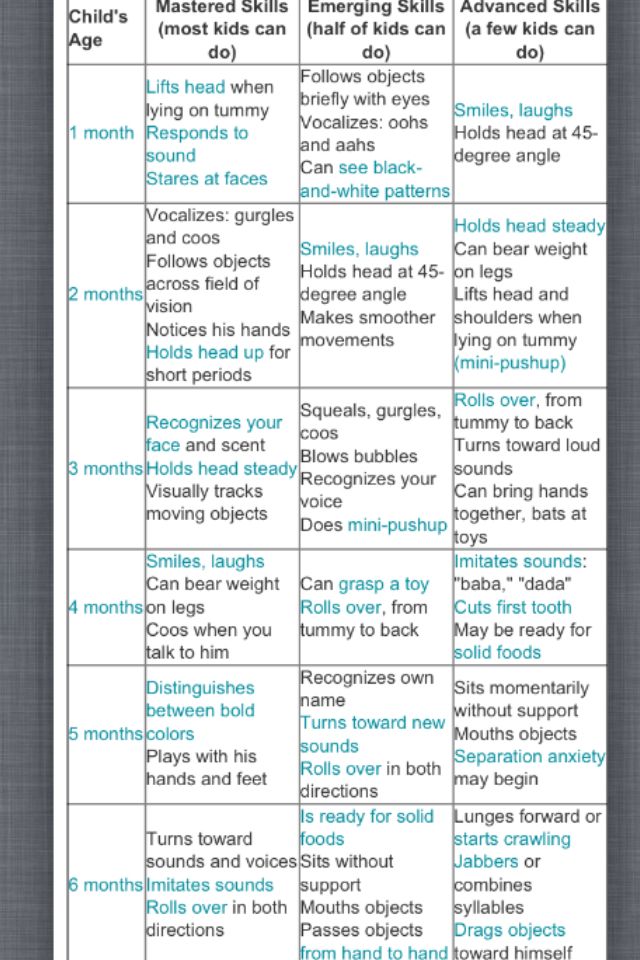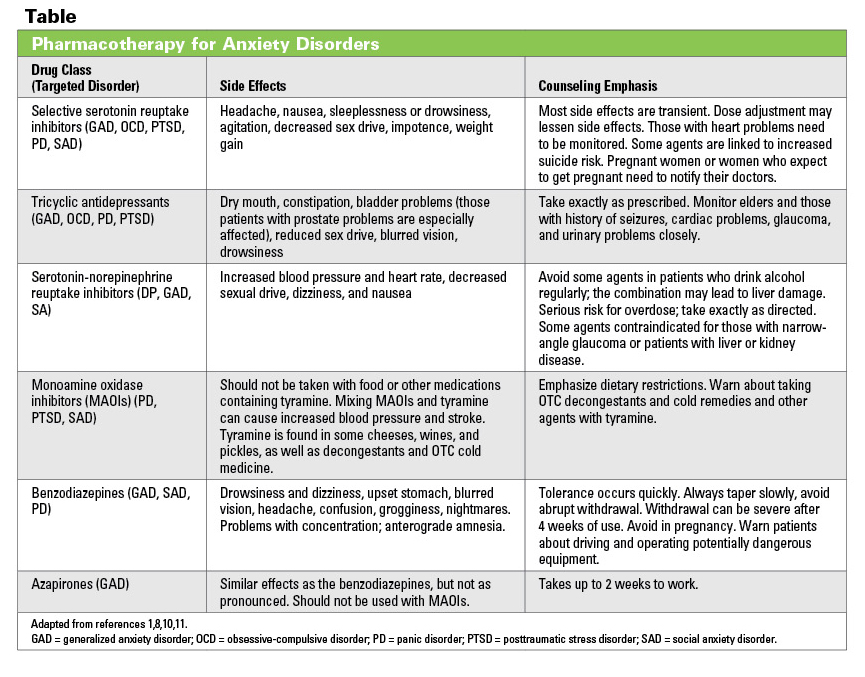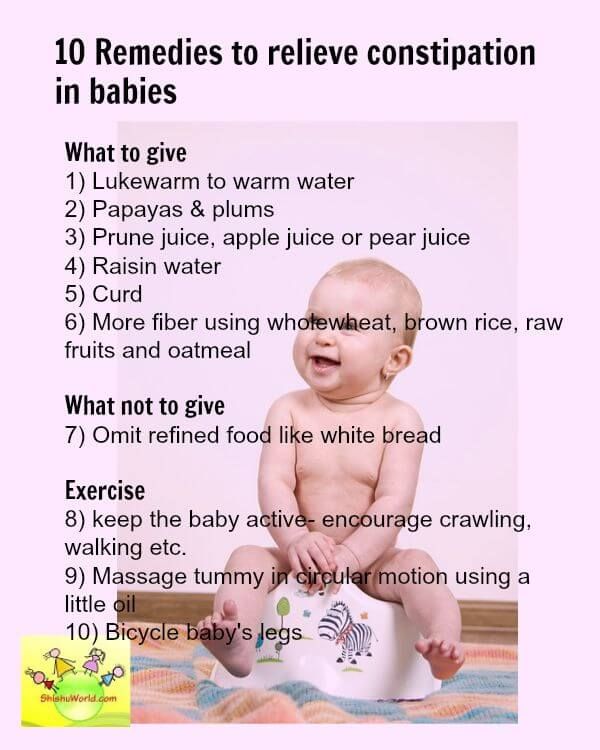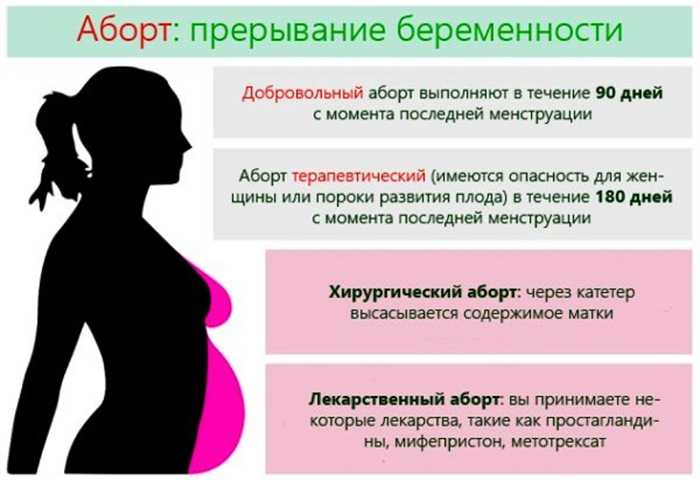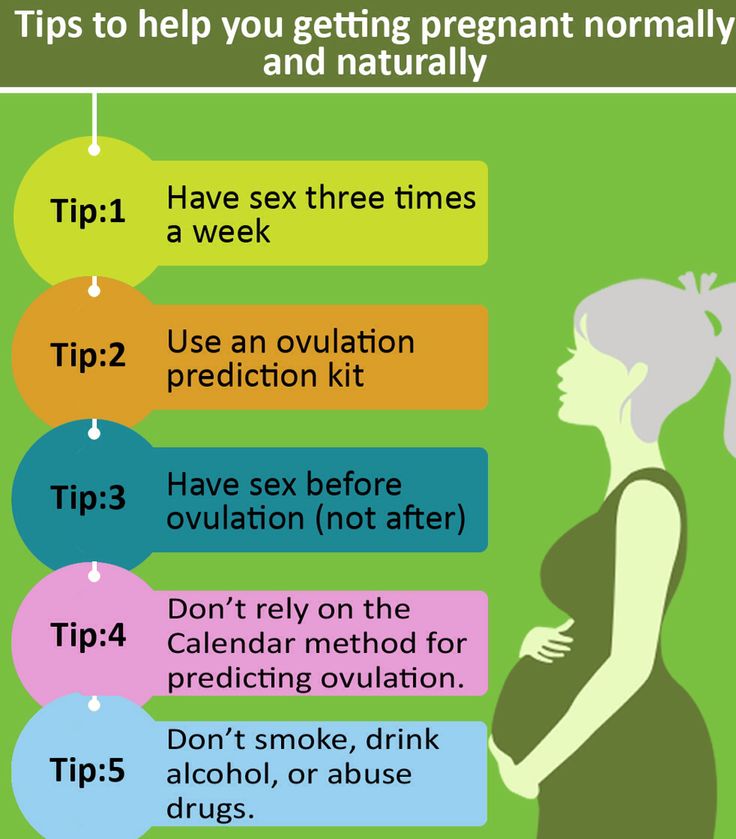How to help an anxious child at school
How to Cope With an Anxious Child
When children are chronically anxious, even the most well-meaning parents, not wanting a child to suffer, can actually make the youngster’s anxiety worse. It happens when parents try to protect kids from their fears. Here are pointers for helping children escape the cycle of anxiety.
1. The goal isn’t to eliminate anxiety, but to help a child manage it.
None of us wants to see a child unhappy, but the best way to help kids overcome anxiety isn’t to try to remove stressors that trigger it. It’s to help them learn to tolerate their anxiety and function as well as they can, even when they’re anxious. And as a byproduct of that, the anxiety will decrease over time.
2. Don’t avoid things just because they make a child anxious.
Helping children avoid the things they are afraid of will make them feel better in the short term, but it reinforces the anxiety over the long run. Let’s say a child in an uncomfortable situation gets upset and starts to cry — not to be manipulative, but just because that’s how they feel. If their parents whisk them out of there, or remove the thing they’re afraid of, the child has learned that coping mechanism. And that cycle has the potential to repeat itself.
3. Express positive — but realistic — expectations.
You can’t promise a child that their fears are unrealistic—that they won’t fail a test, that they’ll have fun ice skating, or that another child won’t laugh at them during show & tell. But you can express confidence that they’re going to be okay, that they will be able to manage it. And you can let them know that as they face those fears, the anxiety level will drop over time. This gives them confidence that your expectations are realistic, and that you’re not going to ask them to do something they can’t handle.
4. Respect their feelings, but don’t empower them.
It’s important to understand that validation doesn’t always mean agreement. So if a child is terrified about going to the doctor because they’re due for a shot, you don’t want to belittle those fears, but you also don’t want to amplify them.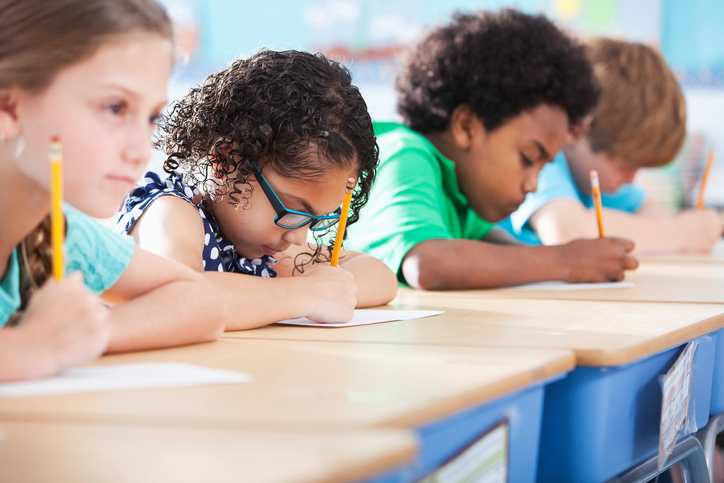 You want to listen and be empathetic, help them understand what they’re anxious about, and encourage them to feel that they can face their fears. The message you want to send is, “I know you’re scared, and that’s okay, and I’m here, and I’m going to help you get through this.”
You want to listen and be empathetic, help them understand what they’re anxious about, and encourage them to feel that they can face their fears. The message you want to send is, “I know you’re scared, and that’s okay, and I’m here, and I’m going to help you get through this.”
5. Don’t ask leading questions.
Encourage your child to talk about their feelings, but try not to ask leading questions— “Are you anxious about the big test? Are you worried about the science fair?” To avoid feeding the cycle of anxiety, just ask open-ended questions: “How are you feeling about the science fair?”
What you don’t want to do is be saying, with your tone of voice or body language: “Maybe this is something that you should be afraid of.” Let’s say a child has had a negative experience with a dog. Next time they’re around a dog, you might be anxious about how they will respond, and you might unintentionally send a message that they should, indeed, be worried.
7. Encourage the child to tolerate their anxiety.
Let your child know that you appreciate the work it takes to tolerate anxiety in order to do what they want or need to do. It’s really encouraging them to engage in life and to let the anxiety take its natural curve. We call it the “habituation curve.” That means that it will drop over time as he continues to have contact with the stressor. It might not drop to zero, it might not drop as quickly as you would like, but that’s how we get over our fears.
8. Try to keep the anticipatory period short.
When we’re afraid of something, the hardest time is really before we do it. So another rule of thumb for parents is to really try to eliminate or reduce the anticipatory period. If a child is nervous about going to a doctor’s appointment, you don’t want to launch into a discussion about it two hours before you go; that’s likely to get your child more keyed up. So just try to shorten that period to a minimum.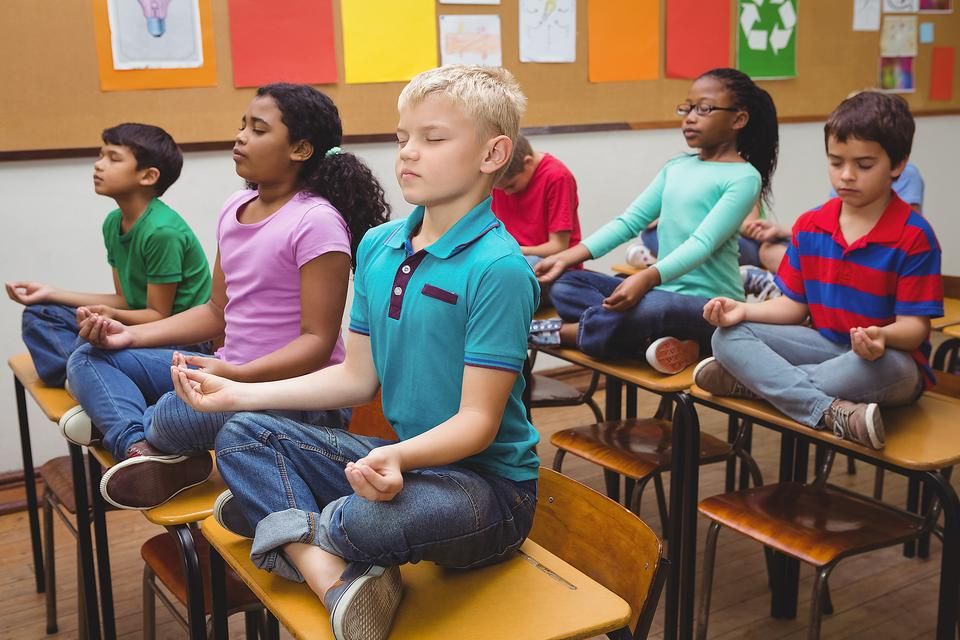
9. Think things through with the child.
Sometimes it helps to talk through what would happen if a child’s fear came true—how would they handle it? A child who’s anxious about separating from their parents might worry about what would happen if a parent didn’t come to pick them up. So we talk about that. If your mom doesn’t come at the end of soccer practice, what would you do? “Well I would tell the coach my mom’s not here.” And what do you think the coach would do? “Well he would call my mom. Or he would wait with me.” A child who’s afraid that a stranger might be sent to pick them up can have a code word from their parents that anyone they sent would know. For some kids, having a plan can reduce the uncertainty in a healthy, effective way.
10. Try to model healthy ways of handling anxiety.
There are multiple ways you can help kids handle anxiety by letting them see how you cope with anxiety yourself. Kids are perceptive, and they’re going to take it in if you keep complaining on the phone to a friend that you can’t handle the stress or the anxiety. I’m not saying to pretend that you don’t have stress and anxiety, but let kids hear or see you managing it calmly, tolerating it, feeling good about getting through it.
I’m not saying to pretend that you don’t have stress and anxiety, but let kids hear or see you managing it calmly, tolerating it, feeling good about getting through it.
Video Resources for Kids
Teach your kids mental health skills with video resources from The California Healthy Minds, Thriving Kids Project.
Start Watching
Parents Passing Anxiety to Children | Anxious Parents
Witnessing a parent in a state of anxiety can be more than just momentarily unsettling for children. Kids look to their parents for information about how to interpret ambiguous situations; if a parent seems consistently anxious and fearful, the child will determine that a variety of scenarios are unsafe. And there is evidence that children of anxious parents are more likely to exhibit anxiety themselves, a probable combination of genetic risk factors and learned behaviors.
It can be painful to think that, despite your best intentions, you may find yourself transmitting your own stress to your child.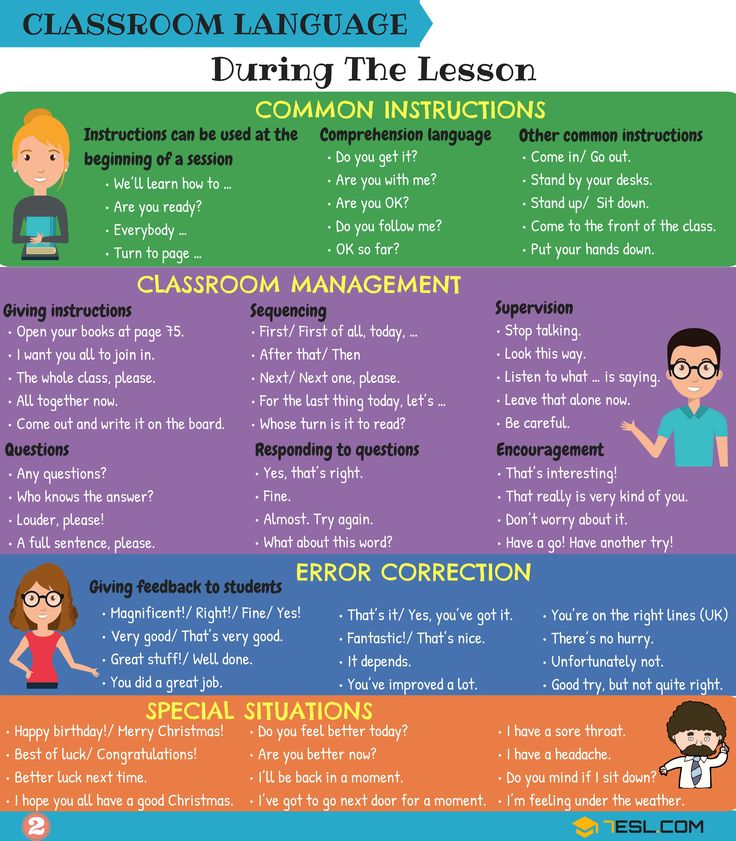 But if you are dealing with anxiety and start to notice your child exhibiting anxious behaviors, the first important thing is not to get bogged down by guilt. “There’s no need to punish yourself,” says Jamie Howard, PhD, director of the Stress and Resilience Program at the Child Mind Institute. “It feels really bad to have anxiety, and it’s not easy to turn off.”
But if you are dealing with anxiety and start to notice your child exhibiting anxious behaviors, the first important thing is not to get bogged down by guilt. “There’s no need to punish yourself,” says Jamie Howard, PhD, director of the Stress and Resilience Program at the Child Mind Institute. “It feels really bad to have anxiety, and it’s not easy to turn off.”
But the transmission of anxiety from parent to child is not inevitable. The second important thing to do is implement strategies to help ensure that you do not pass your anxiety on to your kids. That means managing your own stress as effectively as possible, and helping your kids manage theirs. “If a child is prone to anxiety,” Dr. Howard adds, “it’s helpful to know it sooner and to learn the strategies to manage sooner.”
Manage stress with mindfulness
It can be very difficult to communicate a sense of calm to your child when you are struggling to cope with your own anxiety.
When we are feeling anxious, we start worrying about what might happen in the future — all those “what ifs.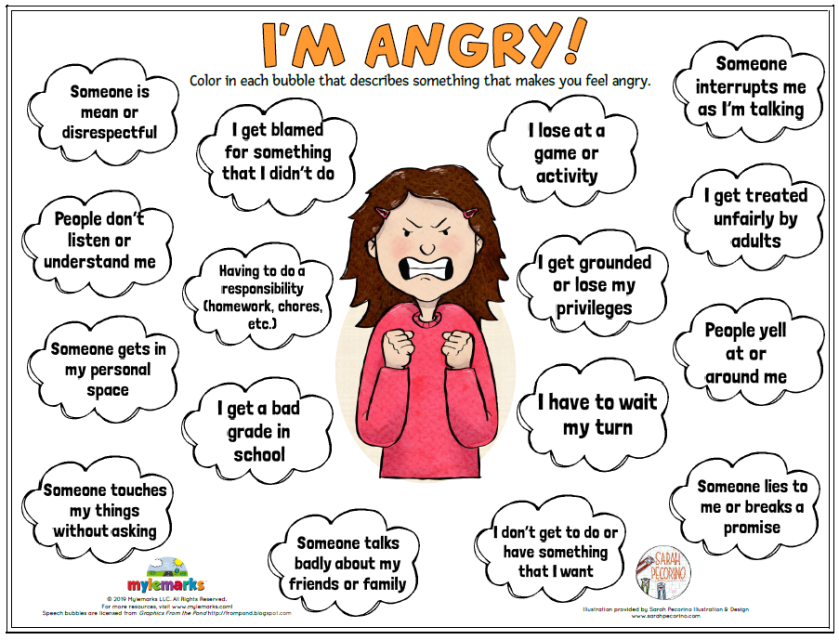 ” To avoid getting caught up in worries about the future, try practicing mindfulness, which is a technique for focusing on the present. Here are two common mindfulness techniques to try:
” To avoid getting caught up in worries about the future, try practicing mindfulness, which is a technique for focusing on the present. Here are two common mindfulness techniques to try:
- Squeeze Muscles: Starting at your toes, pick one muscle and squeeze it tight. Count to five. Release, and notice how your body changes. Repeat exercise moving up your body.
- Belly Breathing: Put one hand on your stomach and one hand on your chest. Slowly breathe in from your stomach (expand like a balloon) and slowly breathe out (deflate).
You can try to practice mindfulness in the moment when you’re feeling anxious, but it is also a good idea to set aside time to be mindful every day. Regular practice will help you use the techniques more effectively when you really need them, and it can also make you feel calmer in general.
Learn your triggers
Pay attention to what triggers your anxiety. While feeling anxiety is unavoidable sometimes, we can also make it worse by dwelling on it.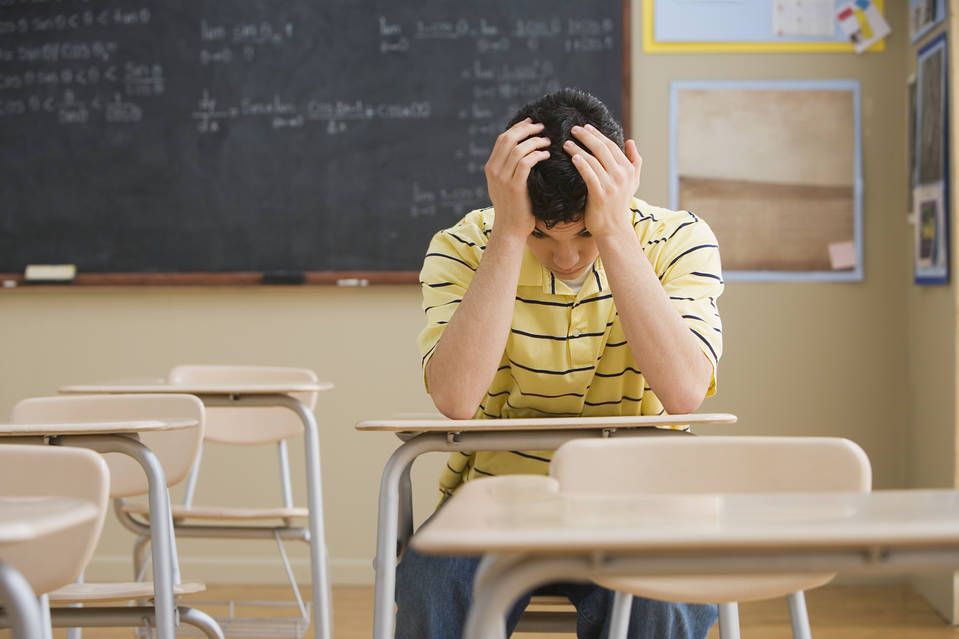 If you are someone who jumps to the worst-case scenario when you have a tickle in your throat, using WebMD might make you even more alarmed. Likewise, if you are stressed out by what’s happening in the news, spending time reading it — or even using social media — might make you feel worse. Setting boundaries about when and how you will engage with things that could trigger your anxiety is a good idea.
If you are someone who jumps to the worst-case scenario when you have a tickle in your throat, using WebMD might make you even more alarmed. Likewise, if you are stressed out by what’s happening in the news, spending time reading it — or even using social media — might make you feel worse. Setting boundaries about when and how you will engage with things that could trigger your anxiety is a good idea.
If your anxiety is severe and practicing mindfulness and setting boundaries on your own isn’t helping, consulting a mental health professional makes sense. A clinician can help you work through methods of stress management that will suit your specific needs. As you learn to tolerate stress, you will in turn be teaching your child — who takes cues from your behavior — how to cope with situations of uncertainty or doubt.
“A big part of treatment for children with anxiety,” explains Laura Kirmayer, PhD, a clinical psychologist, “is actually teaching parents stress tolerance. It’s a simultaneous process — it’s both directing the parent’s anxiety, and then how they also support and scaffold the child’s development of stress tolerance.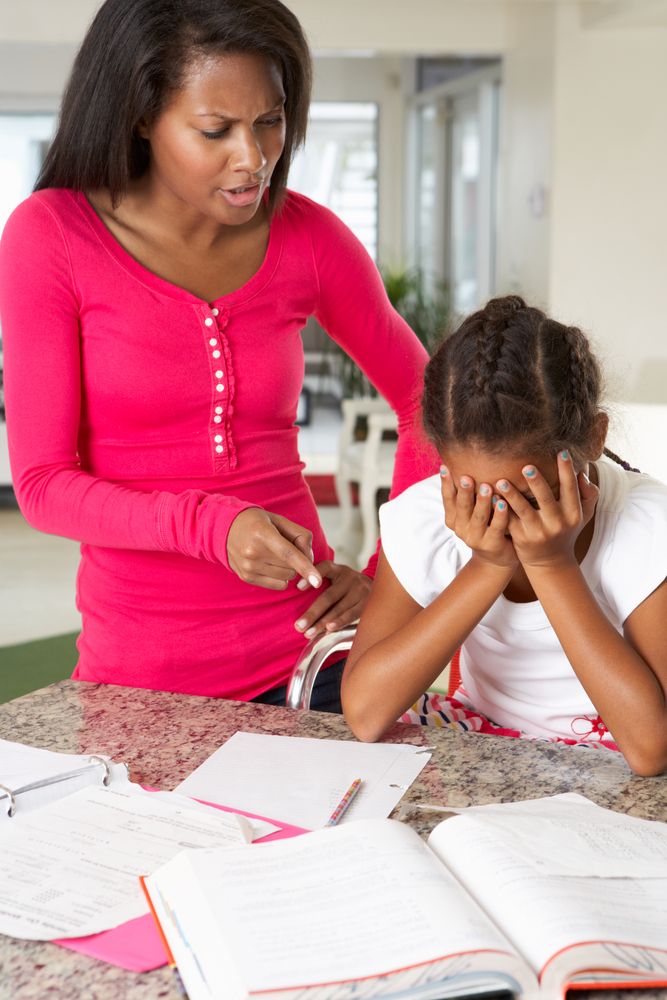 ”
”
Model stress tolerance
When you learn some strategies for managing stress that work for you, you can then impart them to your child when she is feeling anxious. If, for example, you are working on thinking rationally during times of stress, you can practice those same skills with your child. Say to her: “I understand that you are scared, but what are the chances something scary is actually going to happen?”
Try to maintain a calm, neutral demeanor in front of your child, even as you are working on managing your anxiety. Dr. Howard says, “Be aware of your facial expressions, the words you choose, and the intensity of the emotion you express, because kids are reading you. They’re little sponges and they pick up on everything.”
Explain your anxiety
While you don’t want your child to witness every anxious moment you experience, you do not have to constantly suppress your emotions. It’s okay — and even healthy — for children to see their parents cope with stress every now and then, but you want to explain why you reacted in the way that you did.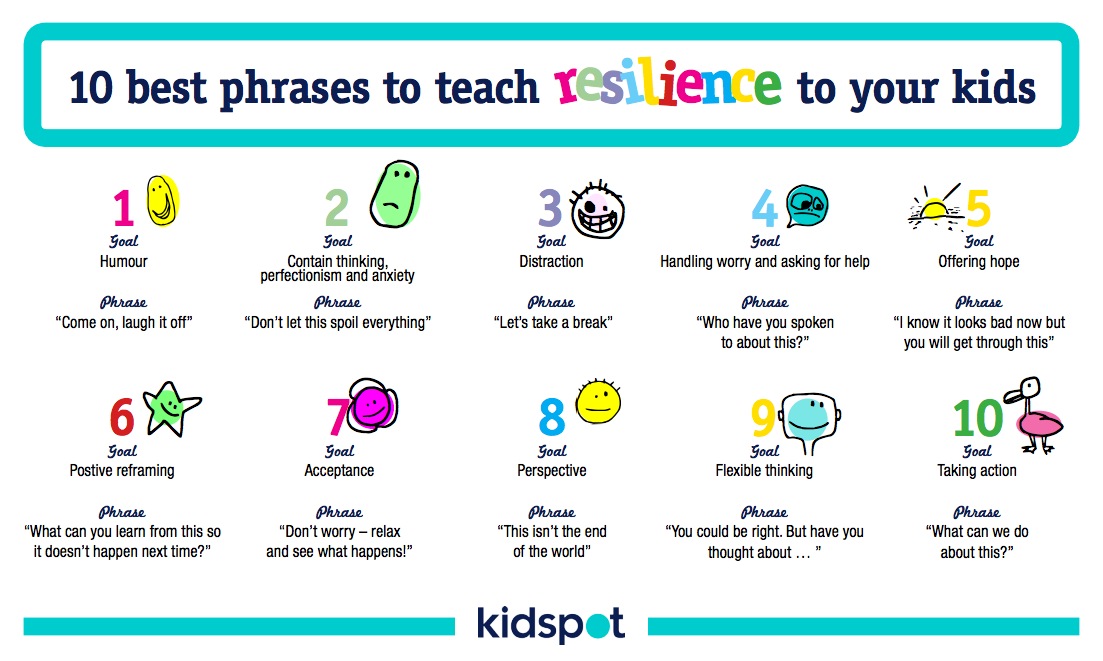
Let’s say, for example, you lost your temper because you were worried about getting your child to school on time. Later, when things are calm, say to her: “Do you remember when I got really frustrated in the morning? I was feeling anxious because you were late for school, and the way I managed my anxiety was by yelling. But there are other ways you can manage it too. Maybe we can come up with a better way of leaving the house each morning.”
Talking about anxiety in this way gives children permission to feel stress, explains Dr. Kirmayer, and sends the message that stress is manageable. “If we feel like we have to constantly protect our children from seeing us sad, or angry, or anxious, we’re subtly giving our children the message that they don’t have permission to feel those feelings, or express them, or manage them,” she adds. “Then we’re also, in a way, giving them an indication that there isn’t a way to manage them when they happen.”
Make a plan
Come up with strategies in advance for managing specific situations that trigger your stress. You may even involve your child in the plan. If, for example, you find yourself feeling anxious about getting your son ready for bed by a reasonable hour, talk to him about how you can work together to better handle this stressful transition in the future. Maybe you can come up with a plan wherein he earns points toward a privilege whenever he goes through his evening routine without protesting his bedtime.
You may even involve your child in the plan. If, for example, you find yourself feeling anxious about getting your son ready for bed by a reasonable hour, talk to him about how you can work together to better handle this stressful transition in the future. Maybe you can come up with a plan wherein he earns points toward a privilege whenever he goes through his evening routine without protesting his bedtime.
These strategies should be used sparingly: You don’t want to put the responsibility on your child to manage your anxiety if it permeates many aspects of your life. But seeing you implement a plan to curb specific anxious moments lets him know that stress can be tolerated and managed.
Know when to disengage
If you know that a situation causes you undue stress, you might want to plan ahead to absent yourself from that situation so your children will not interpret it as unsafe. Let’s say, for example, that school drop-offs fill you with anxiety. Eventually you want to be able to take your child to school, but if you are still in treatment, you can ask a co-parent or another trusted adult to handle the drop off. “You don’t want to model this very worried, concerned expression upon separating from your children,” says Dr. Howard. “You don’t want them to think that there’s anything dangerous about dropping them off at school.”
“You don’t want to model this very worried, concerned expression upon separating from your children,” says Dr. Howard. “You don’t want them to think that there’s anything dangerous about dropping them off at school.”
In general, if you feel yourself becoming overwhelmed with anxiety in the presence of your child, try to take a break. Danielle Veith, a stay-at-home mom who blogs about her struggles with anxiety, will take some time to herself and engage in stress-relieving activities when she starts to feel acutely anxious. “I have a list of to-do-right-this-second tips for dealing with a panic, which I carry with me: take a walk, drink tea, take a bath, or just get out the door into the air,” she says. “For me, it’s about trusting in the fact that the anxiety will pass and just getting through until it passes.”
Find a support system
Trying to parent while struggling with your own mental health can be a challenge, but you don’t have to do it alone. There is a lot of support online, on blogs, forums and social media. Getting support from the people in your life is important, too. Those people can be therapists, co-parents, or friends — anyone who will step in when you feel overwhelmed, or even just offer words of support. “I am a part of an actual support group, but I also have a network of friends,” says Veith. “I am open with friends about who I am, because I need to be able to call on them and ask for help. ”
Getting support from the people in your life is important, too. Those people can be therapists, co-parents, or friends — anyone who will step in when you feel overwhelmed, or even just offer words of support. “I am a part of an actual support group, but I also have a network of friends,” says Veith. “I am open with friends about who I am, because I need to be able to call on them and ask for help. ”
Video Resources for Kids
Teach your kids mental health skills with video resources from The California Healthy Minds, Thriving Kids Project.
Start Watching
Children's anxiety. How to help an anxious child? | "Four-leaf clover"
Children's anxiety
Anxiety is commonly referred to as an increased tendency to experience apprehension and worry. In some situations, anxiety is justified and even useful: it mobilizes a person, allows you to avoid danger or solve a problem. This is the so-called situational anxiety. But sometimes anxiety accompanies a person in all life circumstances, even objectively favorable ones. That is, it becomes a stable personality trait. Such a person experiences constant unaccountable fear, an indefinite sense of threat. Any event is perceived as unfavorable and dangerous. nine0005
That is, it becomes a stable personality trait. Such a person experiences constant unaccountable fear, an indefinite sense of threat. Any event is perceived as unfavorable and dangerous. nine0005
An anxious child is constantly depressed, on guard, it is difficult for him to establish contact with others, the world is perceived as frightening and hostile.
An anxious child is constantly depressed, on guard, it is difficult for him to establish contact with others, the world is perceived as frightening and hostile. Low self-esteem and a gloomy look at the future are constantly fixed. nine0006
Signs of anxiety:
- The child cannot work for a long time without getting tired
- He has difficulty concentrating on something
- Any occupation causes unnecessary anxiety
- During the performance of the task is very tense, constrained
- Embarrassed more than others
- Often talks about tense situations
- Blushing in unfamiliar surroundings
- Complains about having nightmares
- His hands are usually cold and damp
- He often has stool disorder
- Sweats profusely when excited
- Does not have a good appetite
- Sleeps restlessly, falls asleep with difficulty
- Shy, many things cause him fear
- Usually restless, easily upset
- Often unable to hold back tears
- Does not tolerate waiting well
- Doesn't like to take on new business
- Unsure of yourself and your abilities
- Afraid to face difficulties
Childhood anxiety at different ages
Preschool anxiety
It is often difficult for parents to understand why their child may be worried.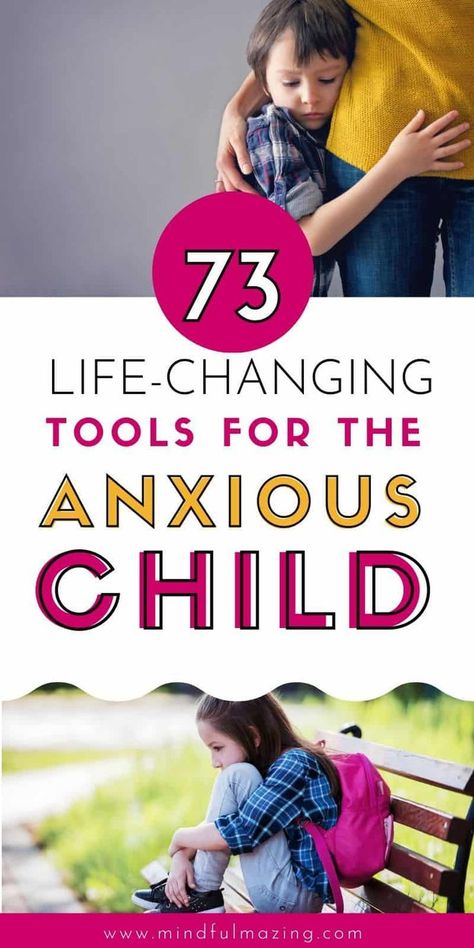 Well, what problems can there be at his age: dressed, well-fed, the yard is full of friends, a lot of toys, loving relatives ?! nine0005 However, the presence of childhood anxiety problems signals that in the life of a small person, not everything is as smooth as it seems to adults. This condition should never be ignored. In addition, it doesn’t matter if you have a son or a daughter, at this age anxiety does not depend on the child’s gender.
Well, what problems can there be at his age: dressed, well-fed, the yard is full of friends, a lot of toys, loving relatives ?! nine0005 However, the presence of childhood anxiety problems signals that in the life of a small person, not everything is as smooth as it seems to adults. This condition should never be ignored. In addition, it doesn’t matter if you have a son or a daughter, at this age anxiety does not depend on the child’s gender.
Anxiety is inherent in a person, regardless of age. In children from 1 to 3 years of age, the most common fears are caused by sharp loud sounds, sudden pain, for example, during vaccinations, and as a result, a negative reaction to doctors. In the age range from 3 to 5 years, anxiety in preschoolers often manifests itself in the form of fears such as fear of the dark, closed space, and loneliness. At the age of 5 to 7 years, fear of death is often added. If you notice anxiety in your child, in no case should you let this problem go by itself. nine0006
nine0006
In the age range from 3 to 5 years, anxiety in preschoolers often manifests itself in the form of such fears as fear of the dark, closed space, loneliness. At the age of 5 to 7 years, fear of death is often added.
School anxiety
The age from 7 to 11 years can become very difficult. At this time, the child's life changes, he becomes an adult, he is entrusted with the mission of studying well, behaving correctly, being better, diligent, smarter than his peers. nine0006
Usually, anxiety manifests itself 1.5 months after the start of the school year, it is in connection with this that schoolchildren need rest - holidays from 1 to 1.5 weeks.
Usually, anxiety manifests itself 1.5 months after the start of the school year, it is in connection with this that schoolchildren need rest - holidays from 1 to 1.5 weeks.
Sometimes anxiety is related to more serious problems.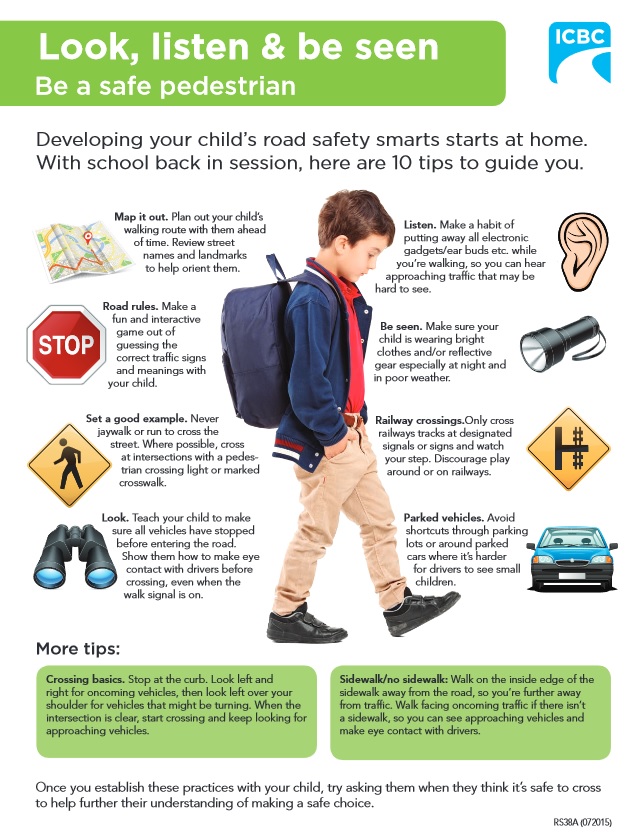 So, with the help of a professional psychologist at the Four-Leaf Clover Clinic of Restorative Psychology, a child can be diagnosed with a mental disorder, neurosis at an early stage. nine0006
So, with the help of a professional psychologist at the Four-Leaf Clover Clinic of Restorative Psychology, a child can be diagnosed with a mental disorder, neurosis at an early stage. nine0006
Where does increased anxiety come from?
- If there is a constant anxious and suspicious atmosphere in the house. If the parents themselves are constantly afraid of something and worry about something. This condition is very contagious, the child adopts from adults an unhealthy form of reaction to everything, even to ordinary life events.
- If the child lacks information (or uses incorrect information). Try to keep track of what he reads, what programs he watches, what emotions he experiences. It is sometimes difficult for adults to understand how children interpret this or that event. nine0005
- Anxious children can grow up not only with anxious parents. The authoritarian style of parenting in the family also does not contribute to the inner peace of the child.

Parents who do not doubt and do not worry know exactly what and how to achieve in life. And most importantly - what they want to achieve from their child. Such a child must constantly live up to the high expectations of adults. He is in a situation of constant and intense expectation: he managed or failed to please his parents. It is especially difficult for a child if the demands and reactions of adults are unpredictable and inconsistent. nine0006
A child's internal conflict can be caused by:
- Contradictory demands made by parents or parents and the school (kindergarten). For example, parents do not let their child go to school because they feel unwell, and the teacher puts a “deuce” in a journal and scolds him for skipping a lesson in the presence of other children.
- Inadequate requirements, most often overstated. For example, parents repeatedly repeat to the child that he must certainly be an excellent student, they cannot come to terms with the fact that the child receives at school not only "five" and is not the best student in the class.
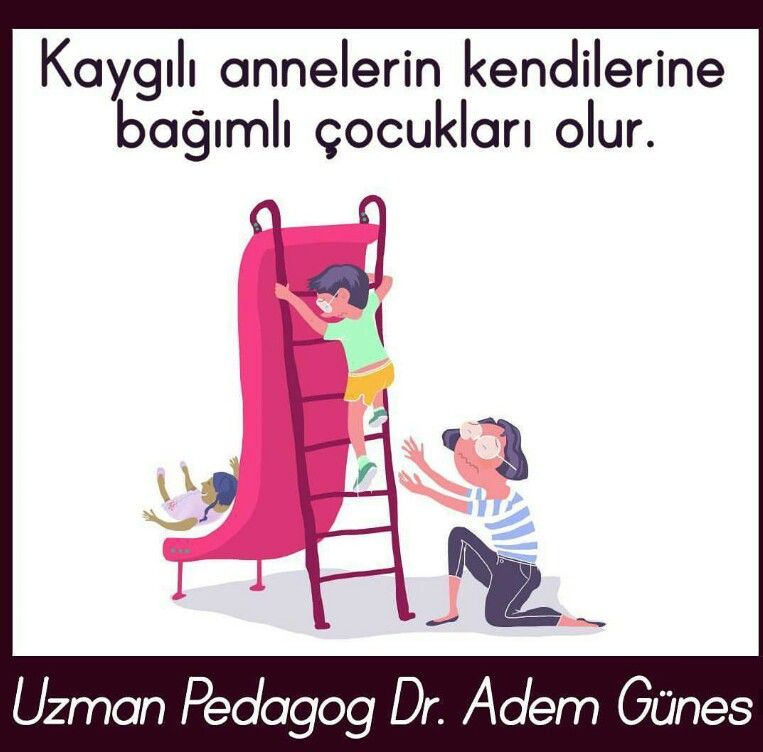 nine0005
nine0005 - Negative demands that humiliate the child, put him in a dependent position. For example, a caregiver or teacher says to a child: “If you tell me who behaved badly in my absence, I won’t tell my mother that you got into a fight.”
Experts believe that in preschool and younger preschool age boys are more anxious, and after 12 years - girls. At the same time, girls are more worried about relationships with other people, and boys are more worried about violence and punishment. nine0005
Having committed some “unseemly” act, the girls worry that their mother or teacher will think badly of them, and their girlfriends will refuse to be friends with them. In the same situation, boys are likely to be afraid that they will be punished by adults or beaten by their peers.
How to help an anxious child?
- Raise the child's self-esteem
To achieve success in this matter, it is necessary that an adult himself see the dignity of the child, treat him with respect (and not just with love) and be able to notice all his successes, even the smallest ones.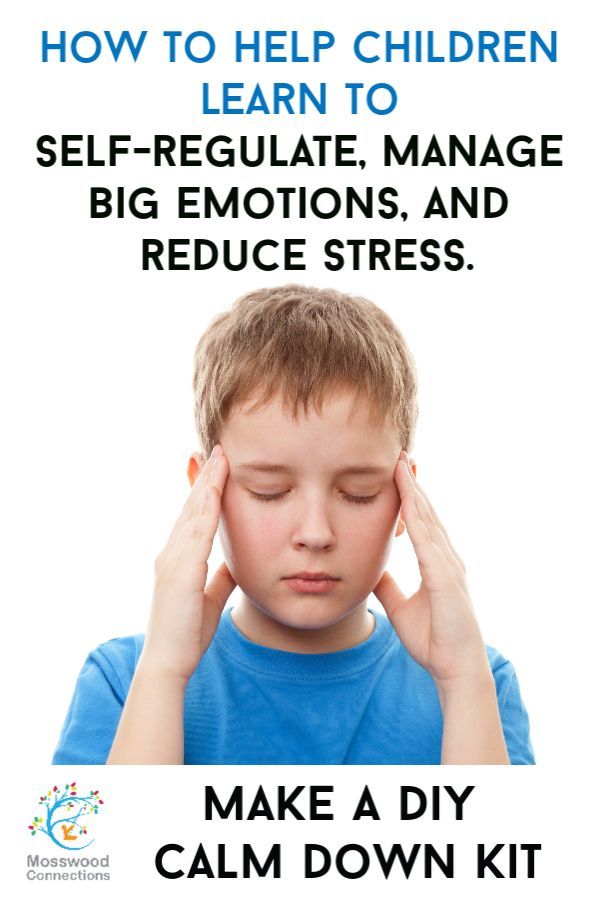 nine0006
nine0006
- Teaching a child to manage their behavior
It is necessary to teach the ability to manage oneself in situations that cause the greatest anxiety in the child
- Teach the child to relax
It is important for all children to be able to relax, but for anxious children it is simply a necessity, because the state of anxiety is accompanied by a clamping of different muscle groups.
It is very useful for such a child to attend group psycho-corrective classes - after consultation with a psychologist. The topic of childhood anxiety is well developed in psychology, and usually the effect of such activities is palpable. nine0006
Prevention of anxiety. Recommendations to parents.
- Communicating with your child, do not undermine the authority of other significant people.
For example, you can’t say to a child: “Your teachers understand a lot, better listen to your grandmother!”.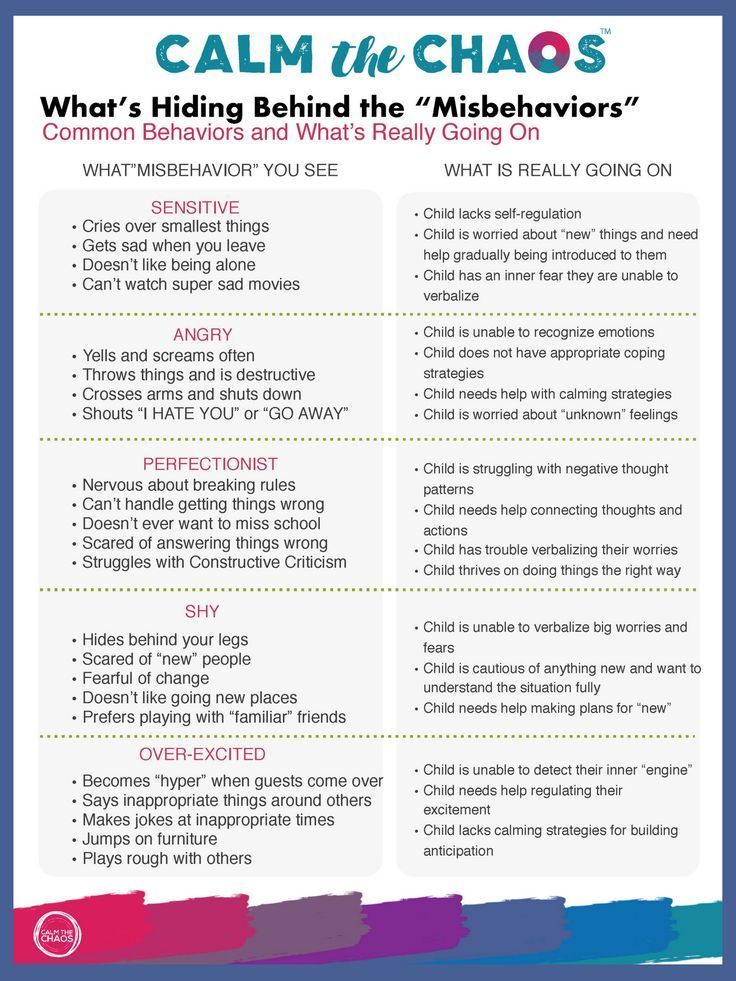
Be consistent in your actions, do not forbid the child for no reason what was allowed before.
- Consider children's abilities, do not demand from them what they cannot do. nine0025
If a child is given some kind of educational Subject with difficulty, it is better to once again help him and provide support, and when even the slightest success is achieved, do not forget to praise him.
- Trust your child, be honest with him and accept him for who he is.
If for some objective reasons it is difficult for a child to study, choose a circle for him to his liking so that classes in it bring joy to the child and he does not feel disadvantaged. nine0006
If parents are not satisfied with the behavior and success of their child, this is not a reason to deny him love and support. Let your child live in an atmosphere of warmth and trust, and then all his many talents will manifest.
If you have any questions on this topic, write or call us +7 (3822) 33–44–77.
Yours truly, Four Leaf Clover.
We wish you happiness and prosperity!
We recommend you specialists: Kupriyanova Irina Evgenievna, Zaichenko Tatyana Vladimirovna, Serykh Nadezhda Sergeevna, Glushko Tatyana Valerievna
← Previous | Next →
How to help an anxious child | Material (Grade 1):
The word "alarming" has been noted in dictionaries since 1771.
In the psychological dictionary the following definition of anxiety is given: it is "an individual psychological feature consisting in an increased tendency to experience anxiety in a variety of life situations, including those that do not predispose to it." nine0006
Distinguish anxiety from anxiety. If anxiety is episodic manifestations of anxiety, agitation of a child, then anxiety is a stable condition.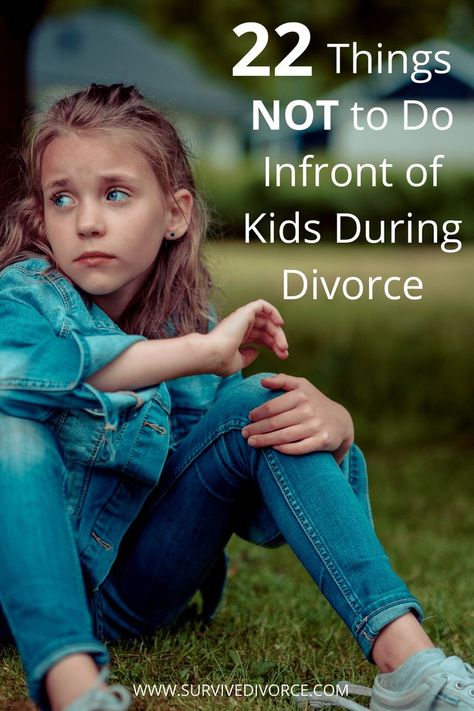
For example, it happens that a child gets nervous before speaking at a party or answering at the blackboard. But this anxiety is not always manifested, sometimes in the same situations he remains calm. These are manifestations of anxiety. If the state of anxiety is repeated often and in a variety of situations (when answering at the blackboard, communicating with unfamiliar adults, etc.), then we should talk about anxiety. nine0006
Anxiety is not associated with any particular situation and is almost always present. This state accompanies a person in any kind of activity. When a person is afraid of something specific, we are talking about the manifestation of fear. For example, fear of the dark, fear of heights, fear of enclosed space.
To date, a definite point of view on the causes of anxiety has not yet been developed. But most scientists believe that in preschool and primary school age, one of the main reasons lies in the violation of parent-child relationships.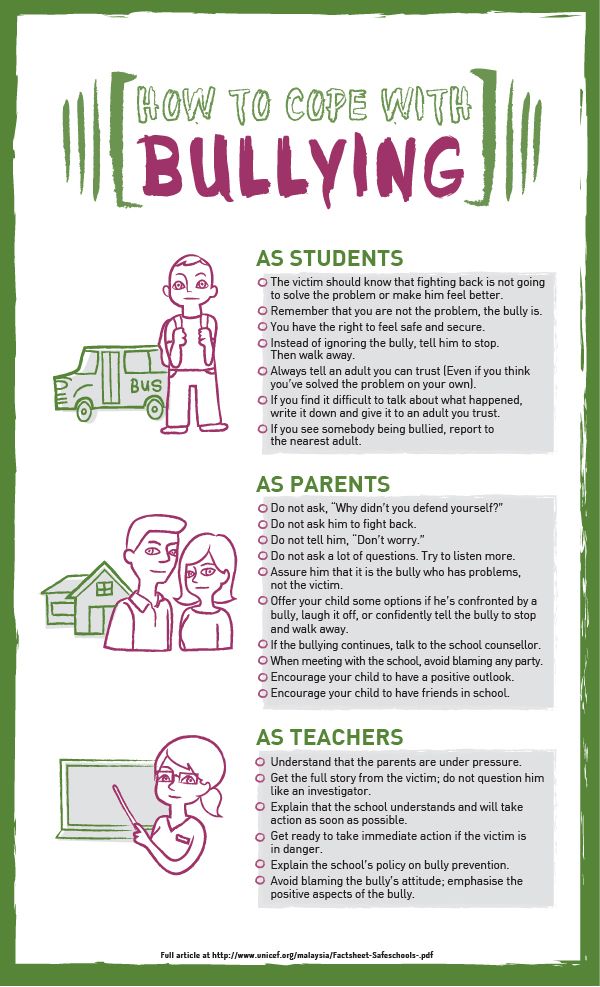 nine0006
nine0006
The authors of the book "Emotional Stability of a Schoolchild" B. I. Kochubey and E. V. Novikova believe that anxiety develops due to the presence of an internal conflict in a child, which can be caused by:
school. For example, parents do not let their child go to school because they feel unwell, and the teacher puts a “deuce” in a journal and scolds him for skipping a lesson in the presence of other children.
2. Inadequate requirements (most often too high). For example, parents repeatedly repeat to the child that he must certainly be an excellent student, they cannot and do not want to come to terms with the fact that their son or daughter gets not only "five" at school and is not the best student in the class. nine0006
Experts believe that at preschool and primary school age boys are more anxious, and after 12 years - girls. At the same time, girls are more worried about relationships with other people, and boys are more worried about violence and punishment.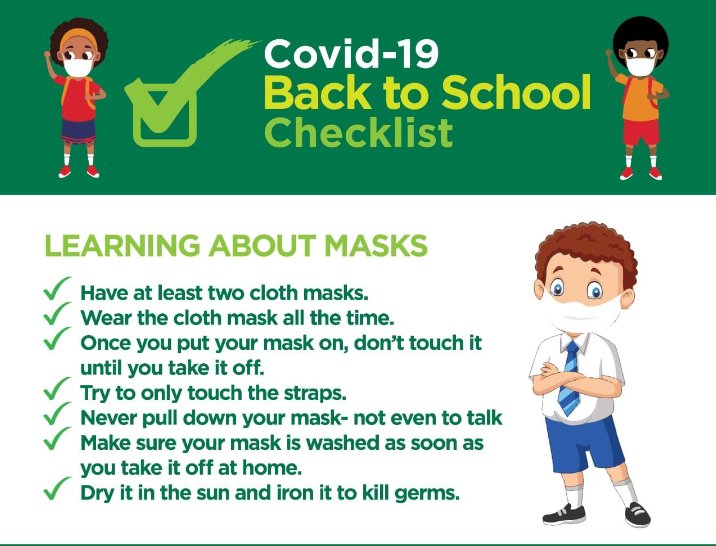 Having committed some "unseemly" act, the girls worry that their mother or teacher will think badly of them, and their girlfriends will refuse to play with them. In the same situation, boys are likely to be afraid that they will be punished by adults or beaten by their peers. nine0006
Having committed some "unseemly" act, the girls worry that their mother or teacher will think badly of them, and their girlfriends will refuse to play with them. In the same situation, boys are likely to be afraid that they will be punished by adults or beaten by their peers. nine0006
The anxiety of a child largely depends on the level of anxiety of the adults around him. High anxiety of the teacher or parent is transmitted to the child. In families with friendly relations, children are less anxious than in families where conflicts often arise.
An interesting fact is that after the divorce of the parents, when, it would seem, the scandals in the family have ended, the level of anxiety of the child does not decrease, but, as a rule, increases sharply.
Psychologists also reveal the following pattern: children's anxiety increases if parents are not satisfied with their work, living conditions, and financial situation. Perhaps that is why the number of anxious children is steadily increasing in our time. nine0006
nine0006
The authoritarian style of parental upbringing in the family also does not contribute to the inner peace of the child.
There is an opinion that learning anxiety begins to form already at preschool age. This can be facilitated by both the teacher's work style and excessive demands on the child, constant comparisons with other children. In some families, during the entire year preceding school entry, in the presence of the child, there are talks about choosing a "worthy" school and teacher. Parental concerns are passed on to children. nine0006
In addition, parents hire numerous teachers for their children and spend hours doing tasks with them. The child’s body, which is not yet strong and not yet ready for such intensive training, sometimes cannot stand it, the baby begins to get sick, the desire to learn disappears, and anxiety about the upcoming training increases rapidly.
Anxiety may be associated with neurosis or with other mental disorders. In these cases, the help of medical specialists is needed.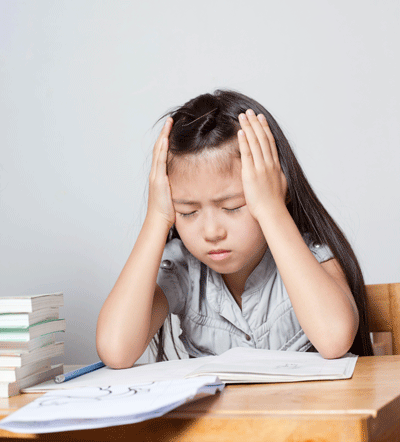
Portrait of an anxious child. nine0006
A child enters the class. He peers intently at everything that is around, timidly, almost silently greets and awkwardly sits on the edge of the nearest chair. He seems to be expecting some kind of trouble.
This is an anxious child. There are many such children at school, and working with them is no easier, and even more difficult, than with other categories of "problem" children, because both hyperactive and aggressive children are always in sight, as if in the palm of their hand, and anxious ones try to keep their problems to themselves . nine0006
They are distinguished by excessive anxiety, and sometimes they are afraid not of the event itself, but of its foreboding. Often they expect the worst. Children feel helpless, afraid to play new games, start new activities. They have high demands on themselves, they are very self-critical. Their level of self-esteem is low, such children really think that they are worse than others in everything, that they are the most ugly, stupid, clumsy. They seek encouragement, adult approval in all matters.
They seek encouragement, adult approval in all matters.
Anxious children are also characterized by somatic problems: abdominal pain, dizziness, headaches, cramps in the throat, shortness of breath, etc. During the manifestation of anxiety, they often feel dry mouth, lump in the throat, weakness in the legs, rapid heartbeat . nine0006
How to identify an anxious child.
P. Baker and M. Alvord advise to take a closer look at whether the following signs are characteristic of the child's behavior.
Criteria for determining anxiety in a child.
1. Constant anxiety.
2. Difficulty, sometimes inability to concentrate on anything.
3. Muscle tension (eg face, neck).
4. Irritability.
5. Sleep disorders.
It can be assumed that the child is anxious if at least one of the criteria listed above is constantly manifested in his behavior. nine0006
In order to identify an anxious child, the following questionnaire is also used (G. P.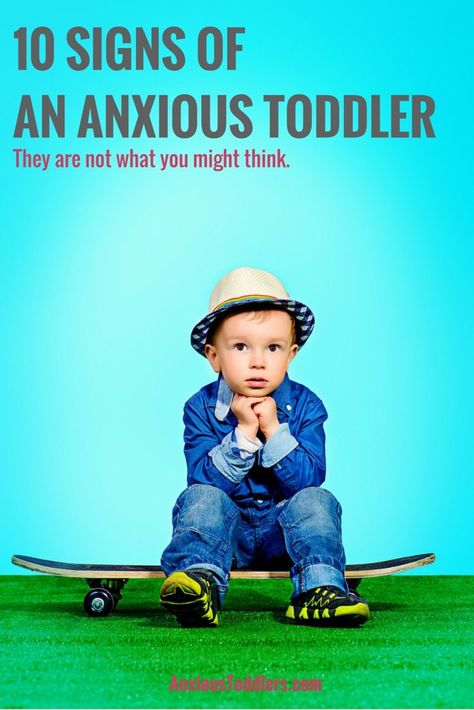 Lavrentyeva, T. M. Titarenko).
Lavrentyeva, T. M. Titarenko).
Signs of anxiety:
Anxious child
1. Cannot work for a long time without getting tired.
2. It is difficult for him to concentrate on something.
3. Any task causes unnecessary anxiety.
4. During the performance of tasks, he is very tense, constrained.
5. Feels embarrassed more often than others.
6. Often talks about tense situations.
7. As a rule, blushes in unfamiliar surroundings. nine0005 8. Complains that he has terrible dreams.
9. His hands are usually cold and damp.
10. He often has stool disorder.
11. Sweats profusely when agitated.
12. Does not have a good appetite.
13. Sleeps restlessly, falls asleep with difficulty.
14. Shy, many things cause him fear.
15. Usually restless, easily upset.
16. Often cannot hold back tears.
17. Does not tolerate waiting well.
18. Doesn't like to take on new business.
19. I am not confident in myself, in my abilities.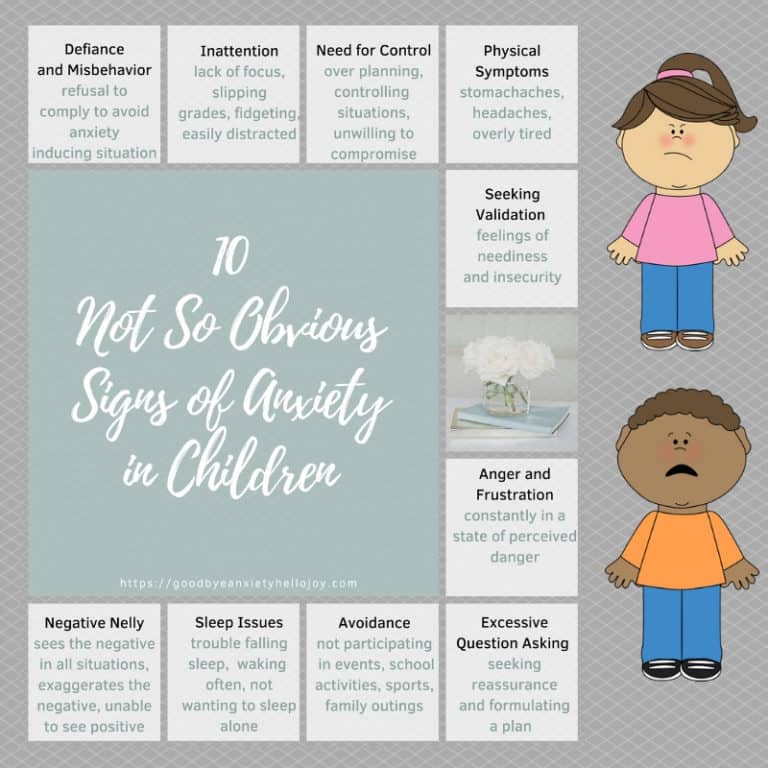
20. Afraid to face difficulties.
Add up the number of "pluses" to get a total anxiety score.
High anxiety - 15-20 points.
Average - 7-14 points.
Low - 1-6 points.
We have many small children in our families. In kindergarten, children often experience fear of separation from their parents. It must be remembered that at the age of two or three years, the presence of this trait is acceptable and understandable. But if a child in the preparatory group constantly cries when parting, does not take his eyes off the window, waiting every second for the appearance of his parents, special attention should be paid to this. The presence of fear of separation can be determined by the following criteria (P. Baker, M. Alvord). nine0006
Who will be interested in this questionnaire - after the meeting
Separation anxiety criteria:
1. Recurrent excessive frustration, sadness at parting.
2. Constant excessive worry about the loss, that the adult might feel bad.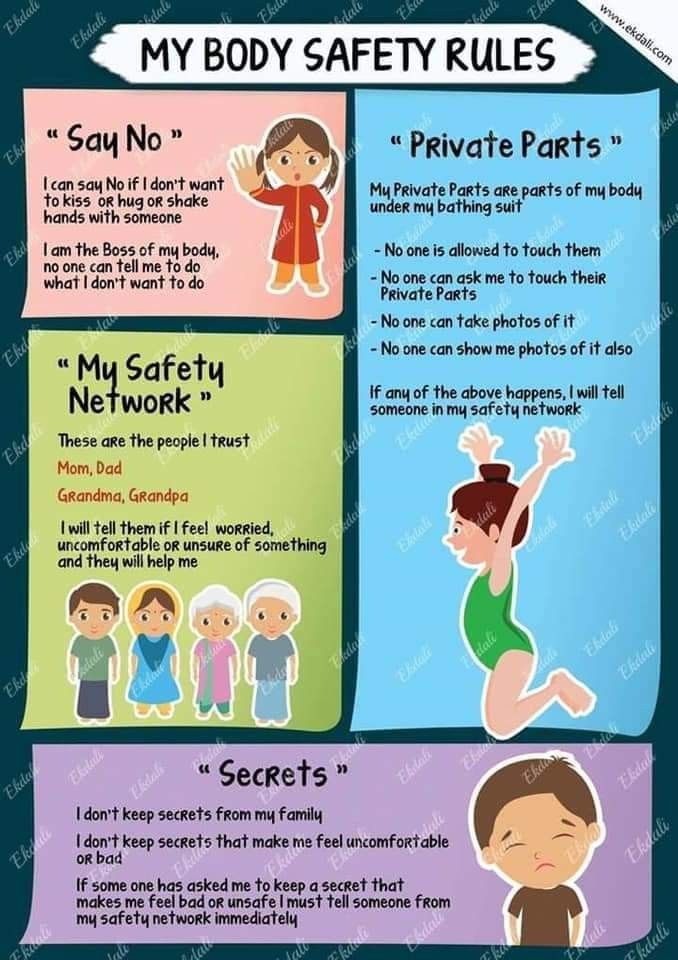
3. Constant excessive anxiety that some event will lead him to separation from his family.
4. Permanent refusal to go to kindergarten.
5. Constant fear of being alone.
6. Constant fear of falling asleep alone. nine0005 7. Constant nightmares in which the child is separated from someone.
8. Constant complaints of malaise: headache, pain in the abdomen, etc. (Children suffering from the fear of separation can actually get sick if they think a lot about what worries them.)
If at least three traits were manifested in the behavior of the child for four weeks, then it can be assumed that the child really has this kind of fear.
How to help an anxious child.
Working with an anxious child is fraught with certain difficulties and, as a rule, takes quite a long time. nine0006
Experts recommend working with anxious children in three directions:
1. Raising self-esteem. (slide)
2. Teaching a child the ability to manage himself in specific, most exciting situations.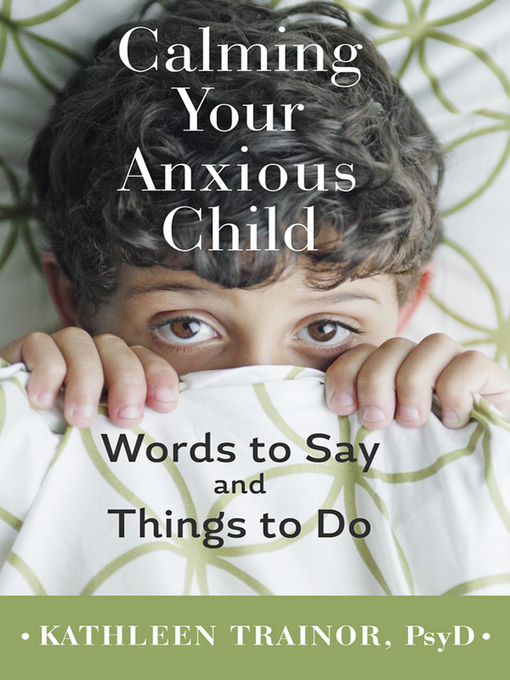
3. Relieve muscle tension.
Let's take a closer look at each of these areas.
Increased self-esteem.
Of course, it is impossible to increase a child's self-esteem in a short time. It is necessary to carry out purposeful work on a daily basis. Address the child by name, praise him even for minor successes, celebrate them in the presence of other children. However, your praise must be sincere, because children are sensitive to falsehood. Moreover, the child must know why he was praised. In any situation, you can find a reason to praise the child. nine0006
Teaching children to manage their behavior.
As a rule, anxious children do not openly report their problems, and sometimes even hide them. Therefore, if a child declares to adults that he is not afraid of anything, this does not mean that his words are true. Most likely, this is a manifestation of anxiety, in which the child cannot or does not want to admit.
In this case, it is desirable to involve the child in a joint discussion of the problem.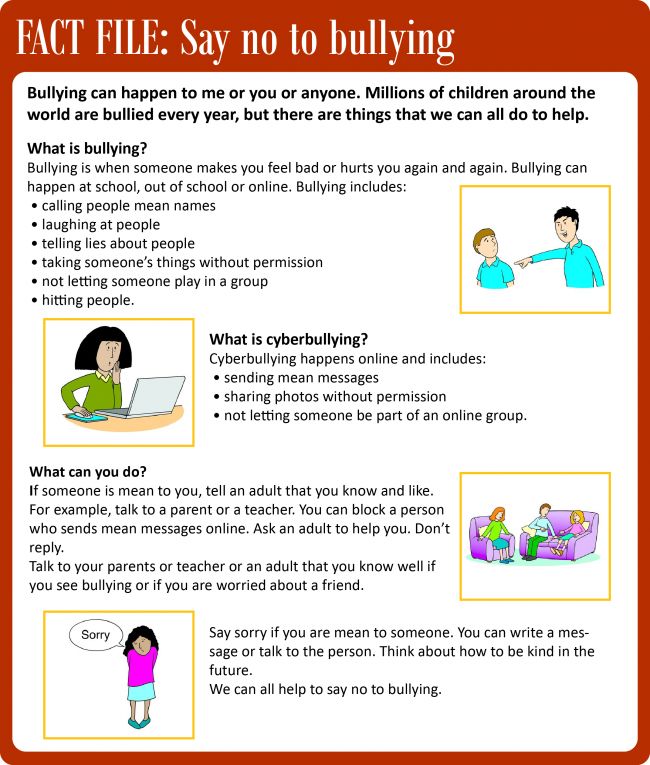 It is possible, using examples of literary works, to show children that a brave person is not one who is not afraid of anything (there are no such people in the world), but one who knows how to overcome his fear. nine0006
It is possible, using examples of literary works, to show children that a brave person is not one who is not afraid of anything (there are no such people in the world), but one who knows how to overcome his fear. nine0006
Conversations will help anxious children realize that many of their peers have problems similar to those that they thought were unique to them.
Prevention of anxiety (Recommendations for parents).
1. Communicate with the child, do not undermine the authority of other significant people for him. (For example, you shouldn't tell a child: "Your teachers understand a lot! Listen to your grandmother!")
2. Be consistent in your actions, don't forbid your child for no reason what you allowed before. nine0006
3. Consider children's abilities, do not demand from them what they cannot do. If any subject is difficult for a child, it is better to help him once again and provide support, and when even the slightest success is achieved, do not forget to praise him.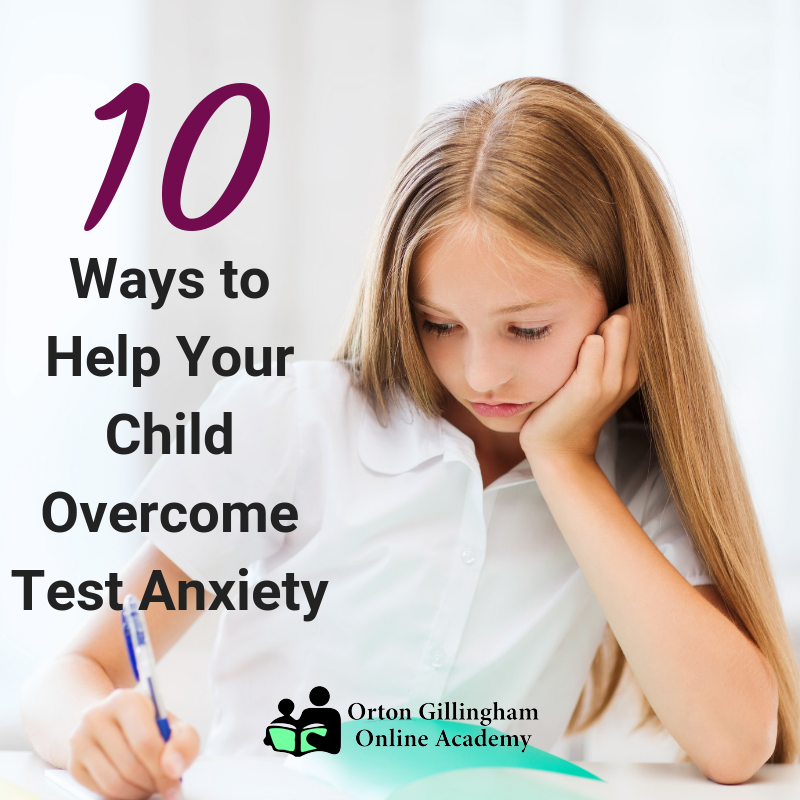
4. Trust your child, be honest with him and accept him for who he is.
5. If for some objective reasons the child finds it difficult to study, choose a circle for him to his liking, so that classes in it bring him joy and he does not feel disadvantaged. nine0006
If parents are not satisfied with the behavior and success of their child, this is not a reason to refuse him love and support. Let him live in an atmosphere of warmth and trust, and then all his many talents will manifest.
Anxiety Reduction Exercises
Look for two positives for every negative
Rule: When you hear your child speak negatively about himself and his studies, say at least two positive things about his work out loud. This technique helps the child pay attention to the words that he says about himself. It also helps to transform a negative self-image into a positive one. At first, students feel some embarrassment when they hear good things about themselves, but ... "you quickly get used to good things.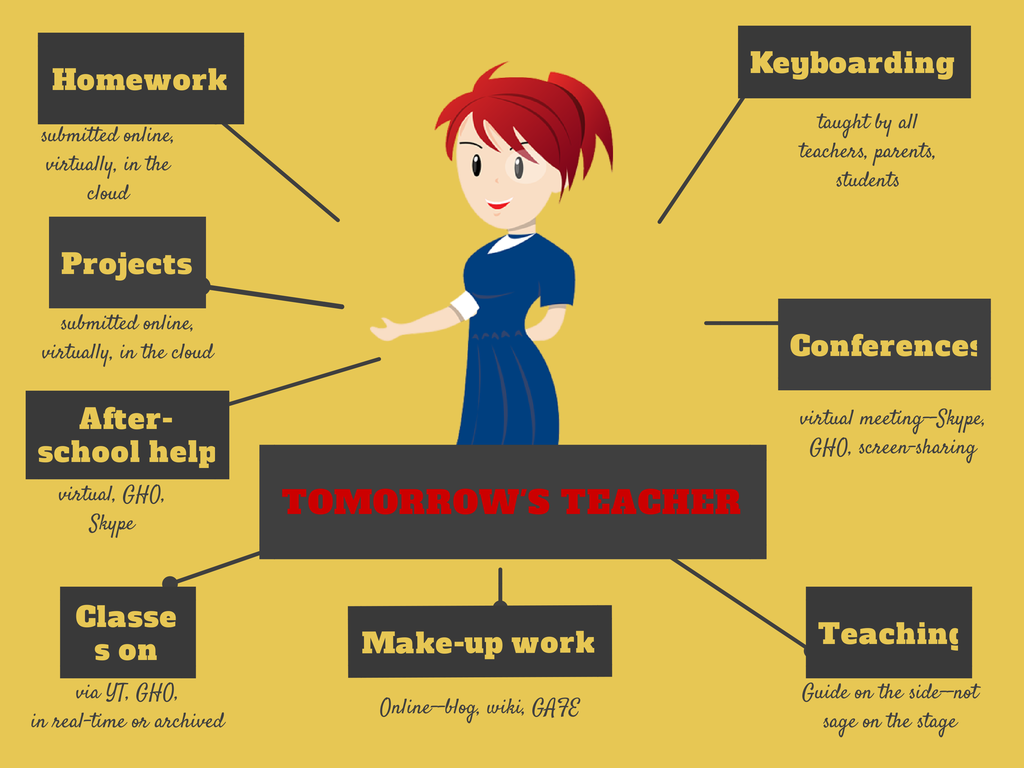 " One condition: the replicas of an adult must be extremely specific. nine0006
" One condition: the replicas of an adult must be extremely specific. nine0006
Declaration “I can”
In the head of an anxious child, as soon as he receives a task, it sounds like a broken record “What if you can’t, what if it doesn’t work out.” To “change the record,” ask the student to quietly repeat phrases such as: “I can solve this problem with fractions”, “I am smart enough to answer all these questions.”
Ask the student to repeat this before a difficult task, or when you see signs of impending uncertainty, put the spell card next to the task. nine0006
Tell about mistakes
It is necessary to tell about one of the mistakes made today at the lesson, at home, in transport. At first, children may not accept this game. To talk about mistakes themselves, and even in front of the rest - for many it's like showing everyone a stain on their clothes. Therefore, it is very important that the adult himself takes part in this game. By revealing this secret to our students, we help them learn that mistakes are a normal part of everyone's life.

